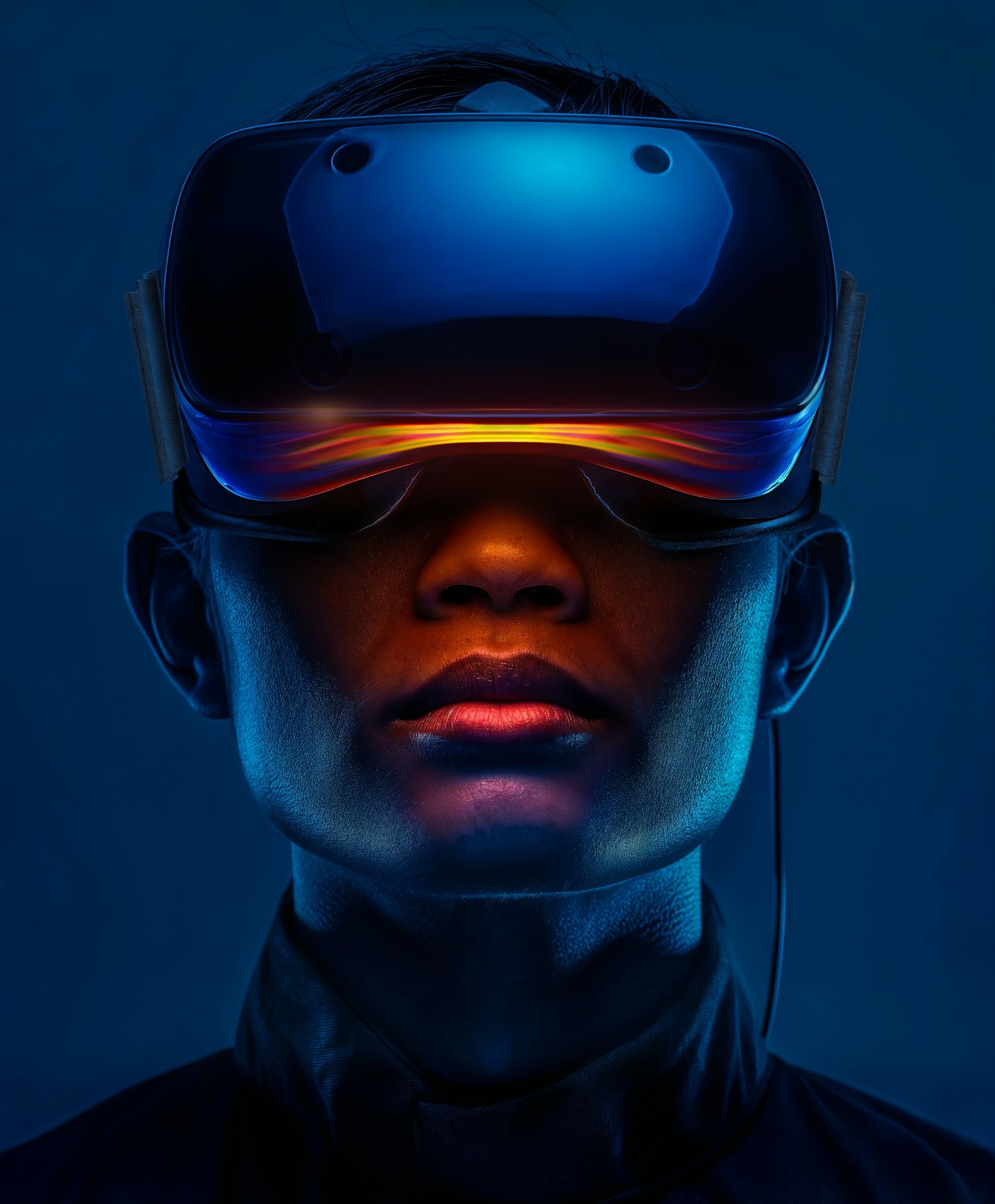VR and Trauma Relief
Several clinical studies have demonstrated the efficacy of virtual reality (VR) with nature scenes for stress reduction. The most interesting study is the first in the list where VR was trialed with cancer patients :
VR interventions were effective in improving physical and psychological symptoms in cancer patients. Due to the limited number of studies, small sample sizes, and moderate to high heterogeneity, these results should be interpreted with caution. More rigorous, comprehensive and high-quality randomized controlled trials (RCTs) are needed to validate the results of this study.
https://www.jpsmjournal.com/article/S0885-3924%2823%2900053-2/fulltextA study in Italy found that VR interventions using nature settings were more effective in inducing relaxation and managing stress compared to video and audio interventions. VR showed the greatest psychological and physiological effects in reducing stress and increasing positive emotions. https://www.ncbi.nlm.nih.gov/pmc/articles/PMC6025006/
Research involving university students revealed that 360-degree immersive nature videos in VR significantly reduced negative affect, which was associated with examination anxiety. This suggests VR nature exposure can be an effective tool for reducing student stress. https://www.frontiersin.org/articles/10.3389/fpsyg.2019.02667/full
A comparative study exposed stressed students to different VR environments. The natural environment significantly increased positive effects and decreased self-reported stress, while geometric or urban settings did not show similar benefits. https://www.sciencedirect.com/science/article/abs/pii/S0272494418305280
An investigation into VR relaxation for high-stress individuals found that it effectively reduced subjectively reported stress. The study used psychological scales and physiological parameters, including heart rate variability indexes, to measure stress reduction. https://www.ncbi.nlm.nih.gov/pmc/articles/PMC5981239/
A two-phase study comparing traditional VR (visual only) with Immersive Multi-sensory Environments (IME) found that both effectively reduced anxiety levels among participants. The IME group, which included visual, auditory, and olfactory stimuli, showed a more pronounced reduction in stress levels, although the difference was not statistically significant. https://www.ncbi.nlm.nih.gov/pmc/articles/PMC7230284/

